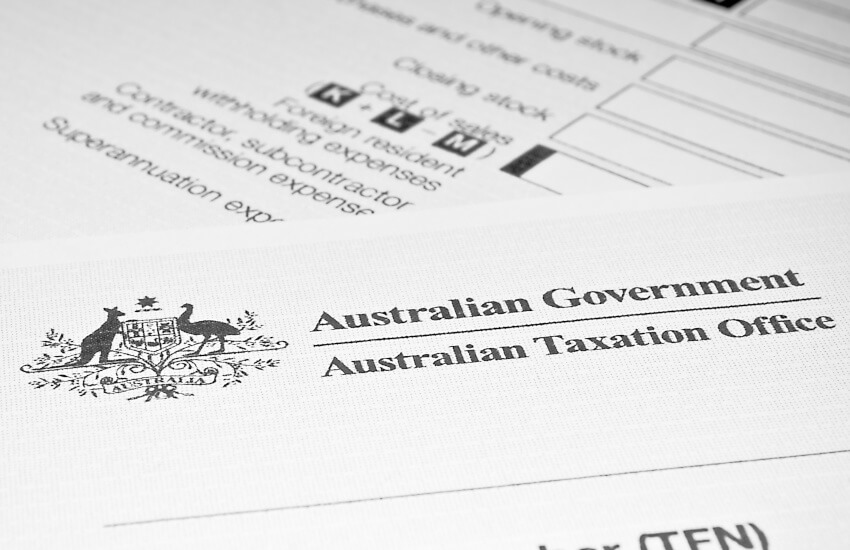The ATO has been on its biggest ever education campaign this tax time, including direct contact with over 3 million selected taxpayers, as well as specialised guides and toolkits for taxpayers, agents, employers and industry bodies.
According to the Tax Office, over 50,000 people have downloaded its guides and toolkit information so far.
You’re out of free articles for this month
“Last year, work-related expenses totalled a record $21.3 billion, and we have already flagged that over-claiming of deductions is a big issue. With so much money at stake, the community expects us to provide help where we can, not just take action when we see mistakes and errors,” said Assistant Commissioner Kath Anderson.
“A key component of the campaign is simple, plain English guidance for the most common occupations, like teachers, nurses, police officers and hospitality workers. There are also easy-to-read guides for the most common deduction types, like cars, clothing and home office expenses.”
Accordingly, the ATO have now published guides for certain occupations, ranging from teachers to flight attendants.
The guides highlight certain common mistakes made within an occupation; for example, police officers are not allowed to claim a deduction on haircuts, grooming, or fitness expenses, even though they may be covered by specific regulations.
Flight attendants can claim overnight travel costs where they have not been reimbursed but cannot claim a deduction for things like hairdressing, cosmetics, and hair and skin care product.
Further, workers within the building and construction industry cannot claim clothes or shoes that are not uniforms or are not designed to provide you with sufficient protection from the risk of injury at your worksite, even if the item is called ‘workwear’ or ‘tradie wear’ by the supplier.
“We want every taxpayer to have the information they need to know whether they can make a claim, to get it right, and know what records they need to keep. Understanding what you can and cannot claim will help ensure that your tax return is processed quickly and any refund is paid as soon as possible,” said Ms Anderson.

 Login
Login






